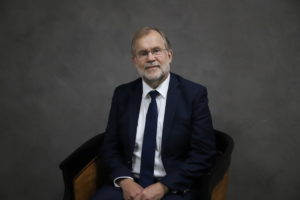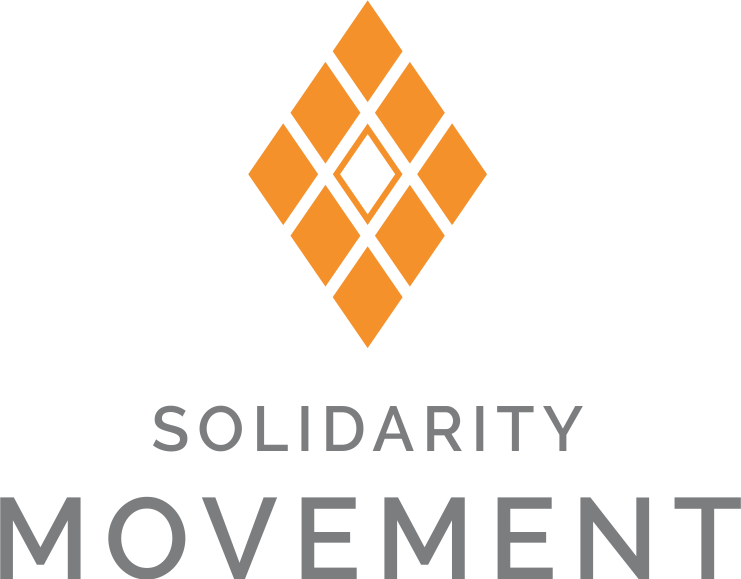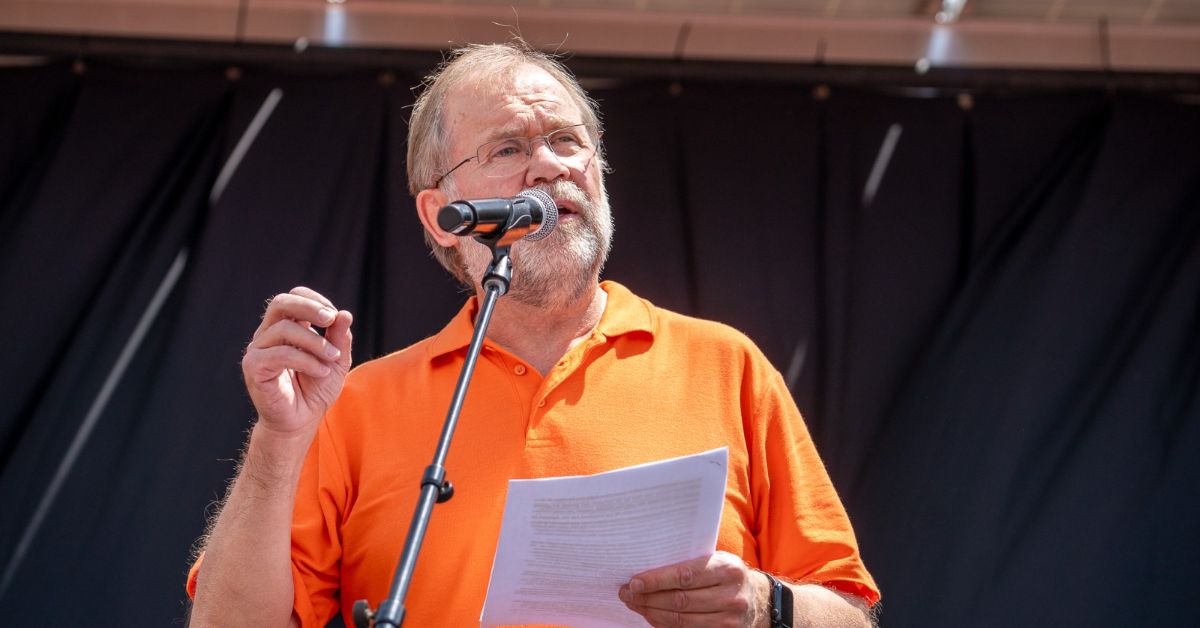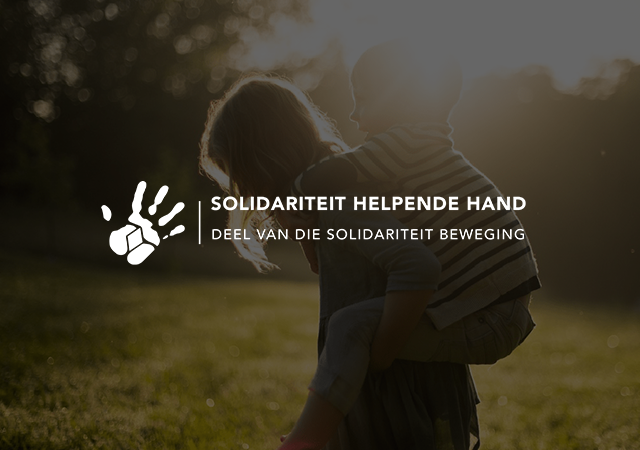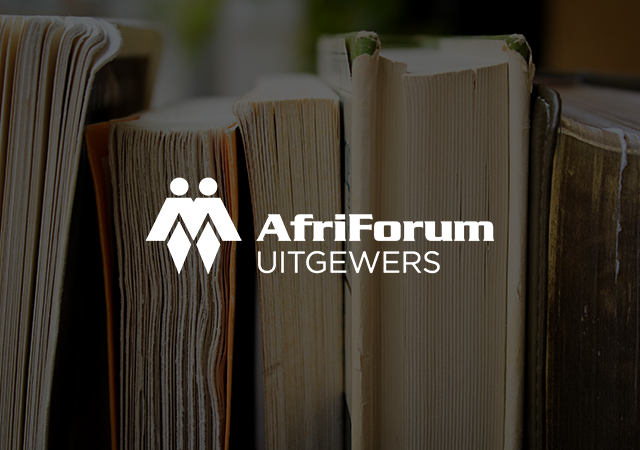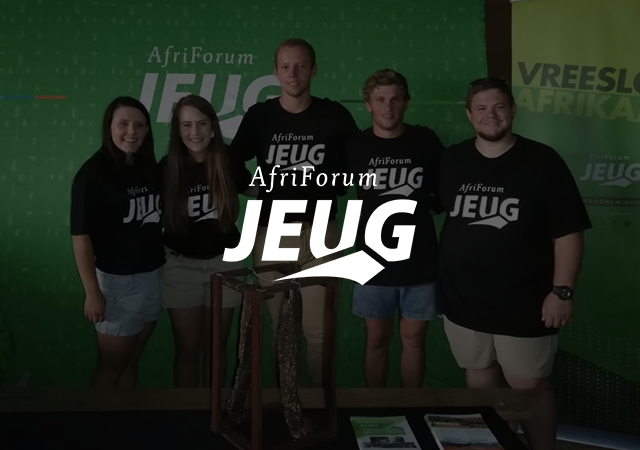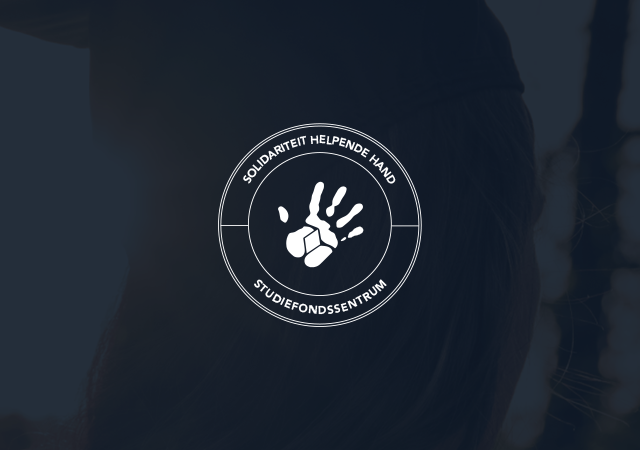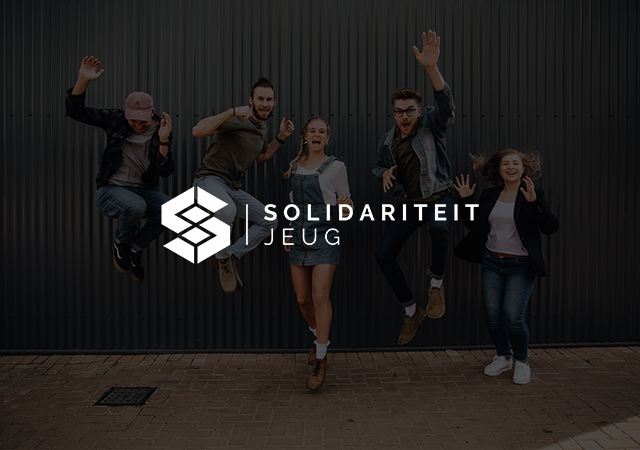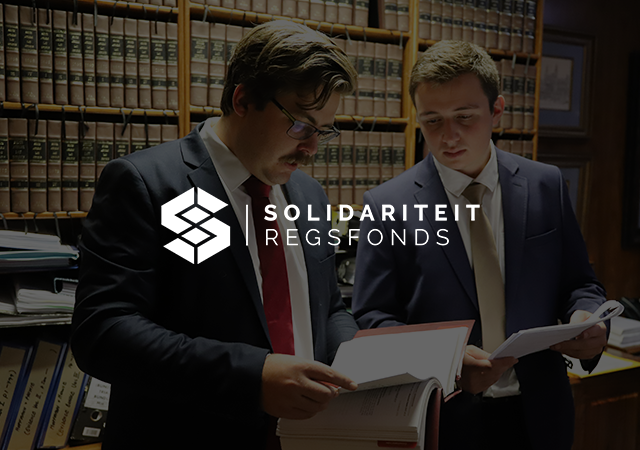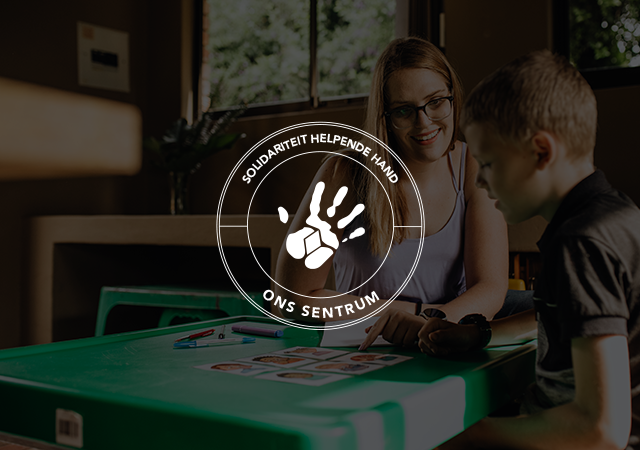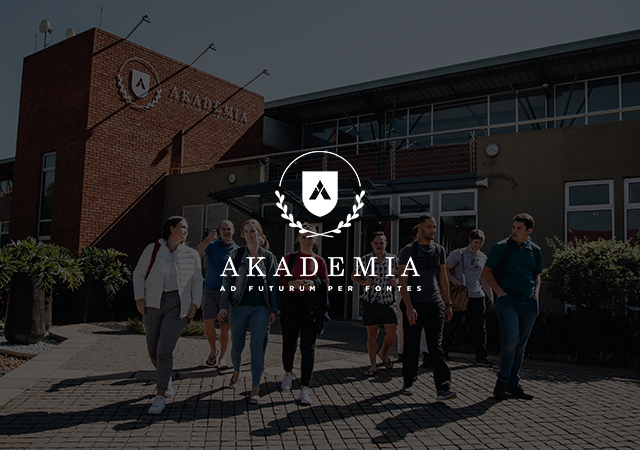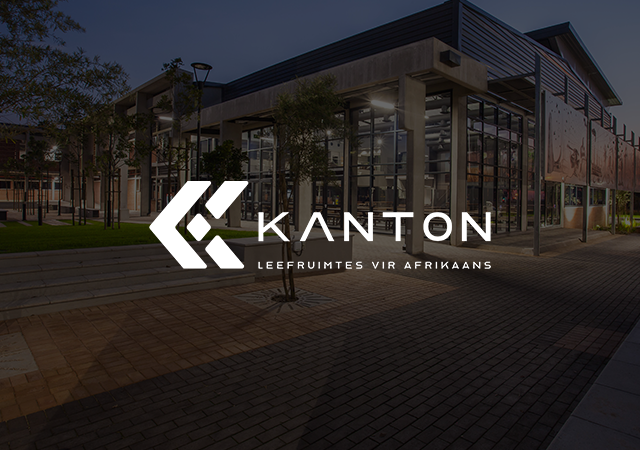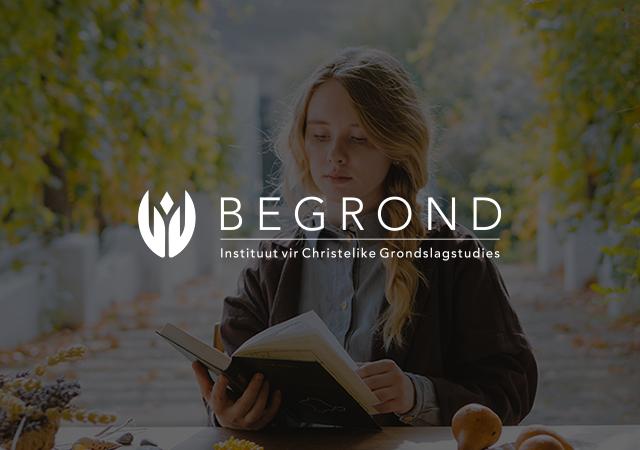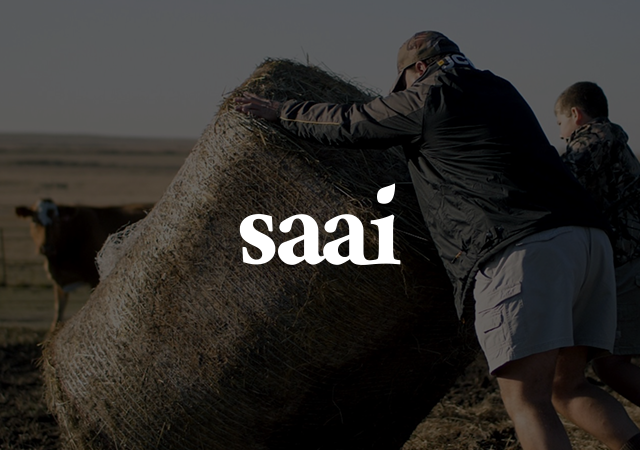His Order and the other statements of senior American officials place the spotlight on contentious issues in South Africa, like our foreign policy and the situation of Afrikaners as an indigenous cultural community. We welcome the concern of important Americans about our situation but believe the solution must be found in South Africa.
We reaffirm our firm commitment to the country and its people, although we differ with the ANC about the direction of the country, the many race laws that make us second class citizens, their treatment of the Afrikaans community with the Bela act, laws like the Expropriation act, and the blatant threats made by certain politicians towards Afrikaners.
However, we want to put on record the following:
• We did not accuse the government of large-scale race-based land grabs, or distribute false information in this regard;
• We did not and will not ask for sanctions against South-Africa, or that funds for vulnerable people be cut off by the US government;
• We explicitly asked senior US officials not to kick South-Africa out of the Agoa act, because of the suffering it will cause to farmers and their workers, and the livelihoods of workers in the motor and chemical industries;
• The Order of Mr Trump is the result of reckless policies of the ANC leadership that alienate a superpower, and not a so-called disinformation campaign from our side;
• It is furthermore a product of years of diplomatic neglect by South African diplomats in our engagements with the US at many different forums and on a wide range of issues
• We were not aware that Mr. Trump would issue this order
• We believe that it is not in the interests of South Africa if there is a deterioration in the relationship with the world’s largest economy and a big trade partner and donor of our country.
In the light of the latest developments, we will urgently request a meeting with President Ramaphosa, to address the differences between us and to find solutions to that. Secondly, I will also lead a delegation to the United States for discussions with White House representatives later the month, in order for us to put the situation in SA in context.
The G20 summit has brought international attention to South Africa, and this will continue throughout the year. If the ANC, as leading party in the Government of National Unity and thus the chair of the G20 summit, wants to be a global player, its international and domestic policies must align accordingly.
This includes ensuring that the ANC does not violate the constitutional settlement by attempting to downscale Afrikaans schools and mother-tongue education through legislation, or the racial dispensation that are incompatible with a constitutional democracy, a functioning state and a growing economy that can provide jobs for everyone.
The Solidarity Movement, including Solidarity and AfriForum, represents approximately 600,000 Afrikaner families and 2 million individuals.
Our message to Presidents Ramaphosa and Trump is that we want to solve our problems within South Africa but we also appreciate diplomatic pressure from important roleplayers like the US. We are willing to engage in honest discussions with both parties about the state of the country and our community, and we commit to conveying facts correctly and responsibly, as we have always done.
The U.S. should empower South Africans, including the civil society, private sector and political parties to engage with each other and international roleplayers with a simple focus of being a country that gives space to all its people, respects minority rights and is loyal to its international commitments on issues such as the opposition to racial discrimination and the improvement of human rights and dialogue.
The Solidarity Movement remains committed to dialogue and is open to cooperation. We welcome the political pressure that the U.S. is placing on the ANC but will take a stand against the withdrawal of aid. We support South Africa’s continued participation in AGOA.
Ordinary South Africans should not bear the cost of diplomatic disputes and the ANC’s reckless policies. The withdrawal of aid could have severe social consequences and lead to increased unemployment. However, any aid must be carefully evaluated and must also address the priorities of the Afrikaner community.
The solution is that international assistance to South Africa should continue, while Afrikaners receive practical support in their pursuit of cultural autonomy. We want to establish the conditions for Afrikaners to stay in South-Africa, in order for us to make a sustainable contribution towards the country and all its people. We did not come to Africa as Afrikaners. Centuries ago, our ancestors came here from various countries in Europe, but became Afrikaners here, long before the birth of South Africa as a country. Our language and culture are indigenous to Africa. We named ourselves, our language and many of our institutions after Africa. Afrikaners are a self-defined cultural community – a people – and not simply a language group or a racial grouping.
We emphasise that through Afrikaans we also have a bond through our common language with the majority of coloured (“bruin”) South Africans, as well as with a significant number of people from other South African communities. We respect these other Afrikaans cultural communities and will cooperate and have been cooperating with them in all appropriate issues.
Afrikaners are committed to South Africa and the continent. We may disagree with the ANC, but we love our country. As in any community, there are individuals who wish to emigrate, but repatriation of Afrikaners as refugees is not a solution for us.
We want to build a future in South Africa and have minimum living conditions that we will set and work towards.
If the international community helps us create an environment where Afrikaners can sustainably remain in South Africa, we can make a lasting contribution to the well-being of the country and all its people.
Our loyalty to the country is as steadfast as our legitimate pursuit of cultural freedom and the abolition of racial discrimination against us.
This commitment to our country and cultural freedom is outlined in the Afrikaner Declaration, which was signed and introduced last year along with community leaders.
The Solidarity Movement, specifically Solidarity and AfriForum, will immediately begin developing proposals to resolve disputes over expropriation and race-based policies. Further information will be announced soon.
